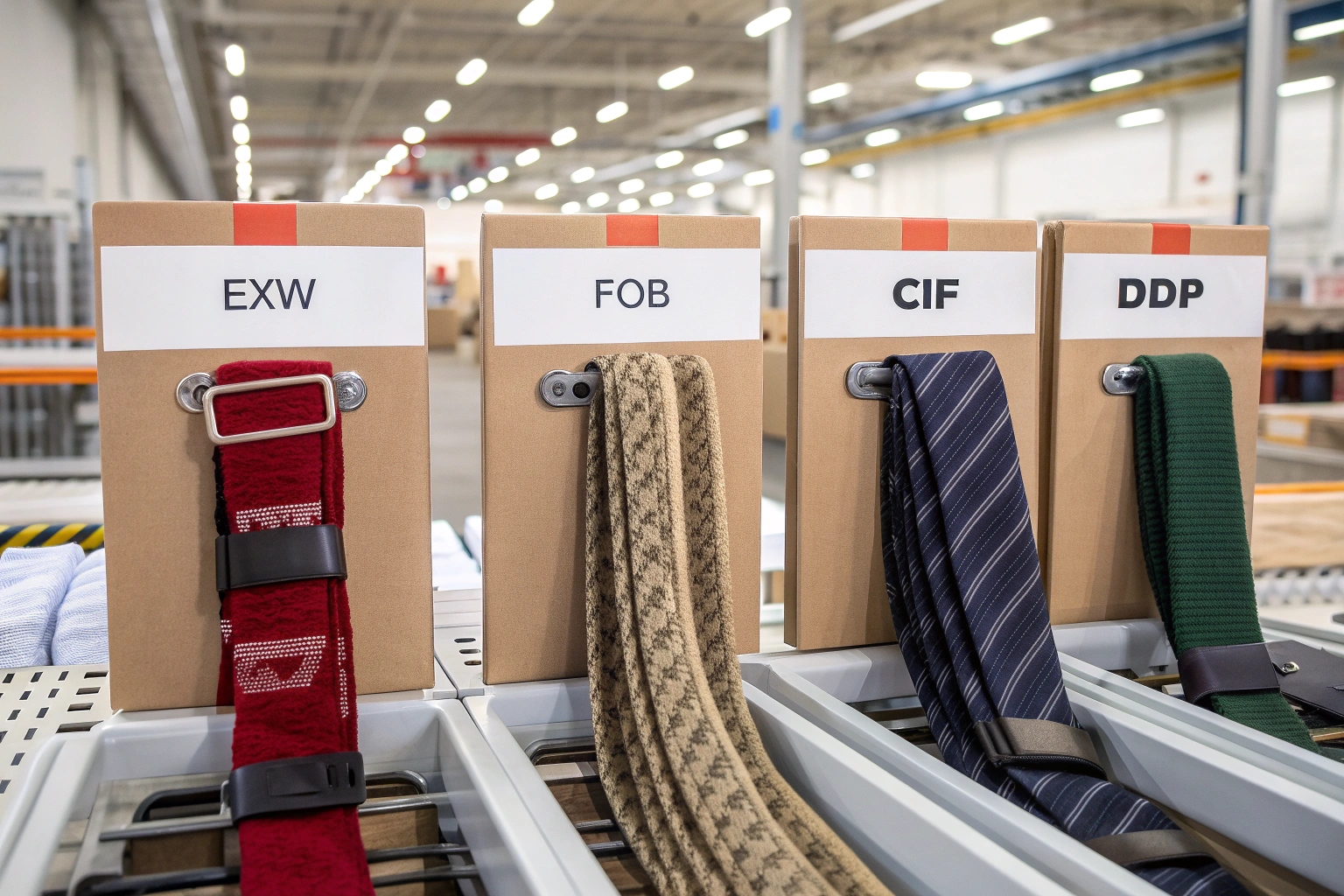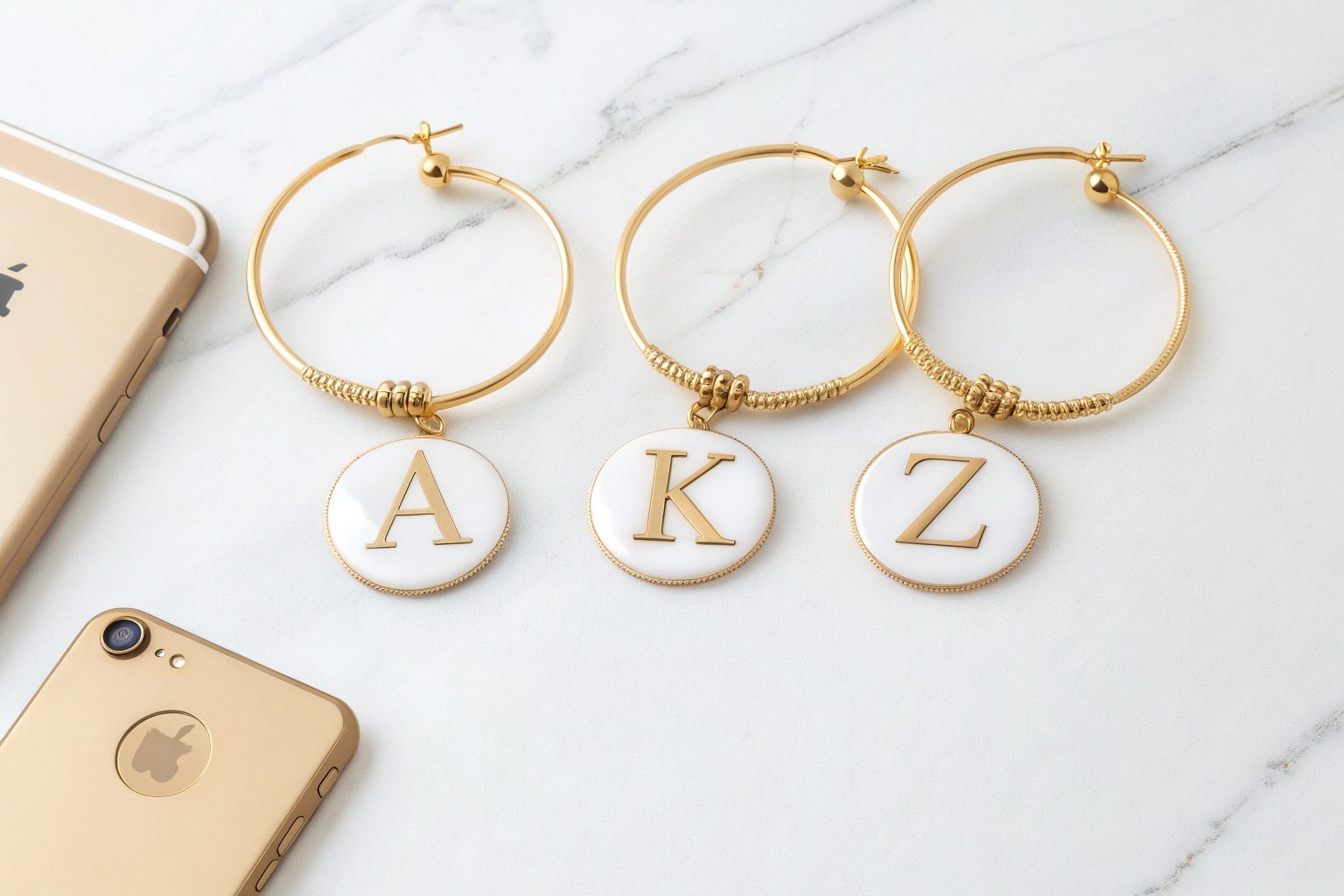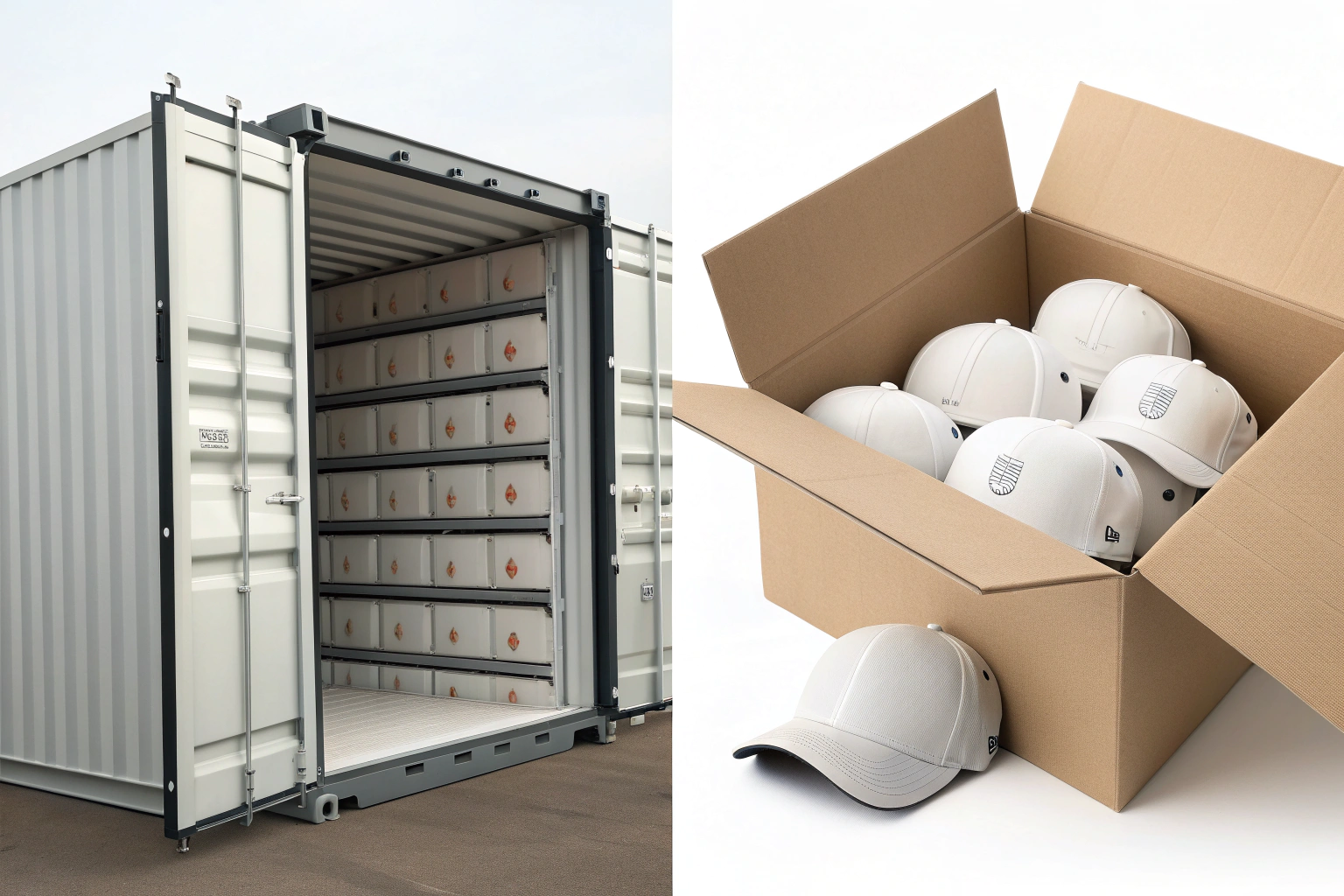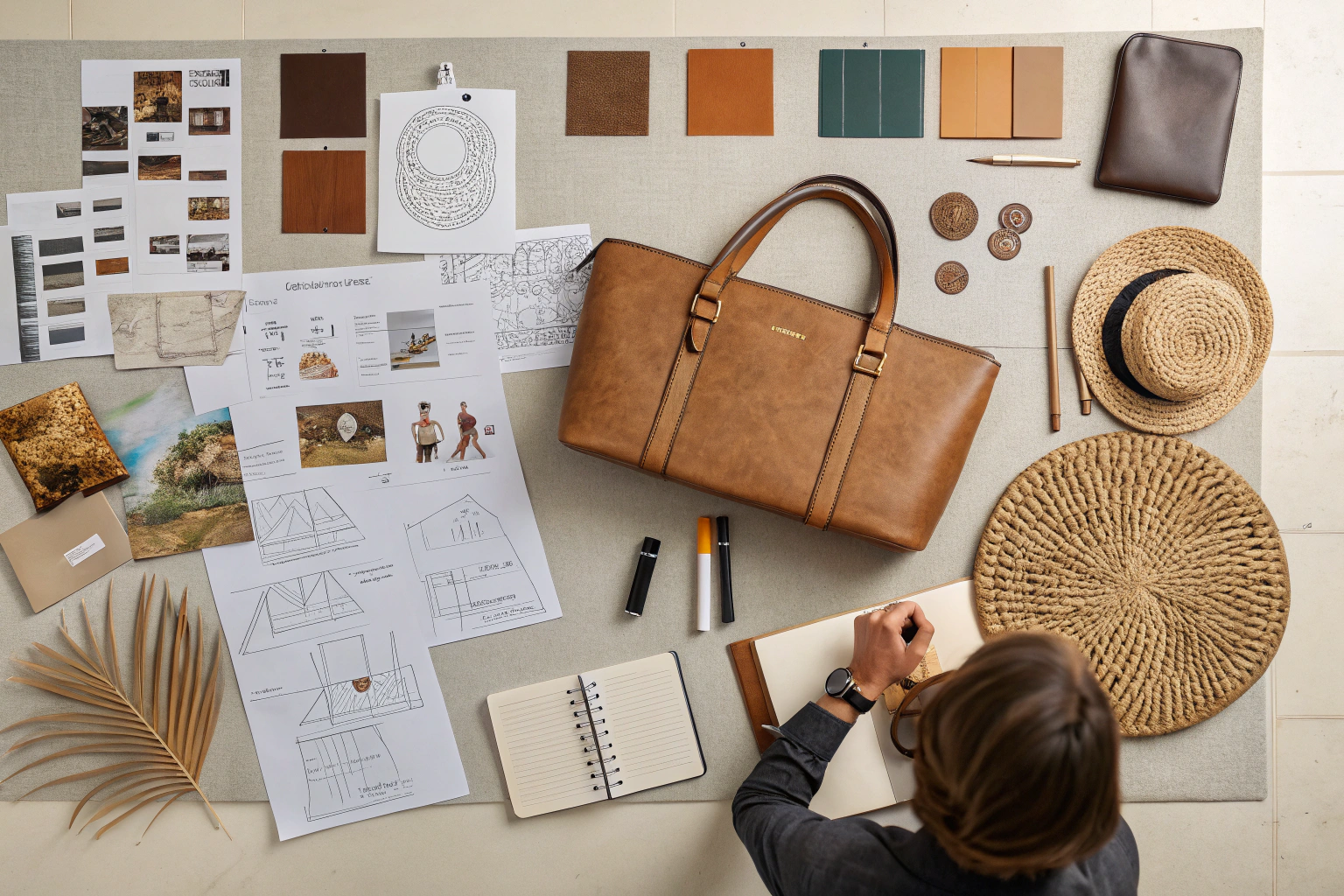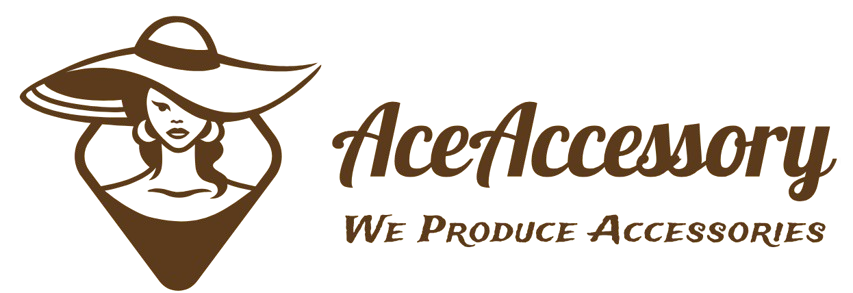Choosing the wrong Incoterm leads to surprise costs, customs issues, and shipping delays. For accessory importers sourcing belts and scarves from China, understanding Incoterms is essential to avoid confusion and protect your profits.
When sourcing belts and scarves from China, common Incoterms include EXW, FOB, CIF, and DDP. The right choice depends on your experience, shipment size, customs knowledge, and who manages freight and risks.
Let’s explore how Incoterms impact your accessory imports—and how to choose the most profitable and manageable option for your business.
What are the Incoterms for China?
Not knowing the Incoterms can result in overpaying for logistics or losing control of your supply chain. Many importers get burned by vague agreements that don’t define responsibilities clearly.
Incoterms (International Commercial Terms) define buyer and seller responsibilities in global trade. For China, the most used Incoterms are EXW, FOB, CIF, and DDP. Each sets rules for costs, risk transfer, and shipping duties.
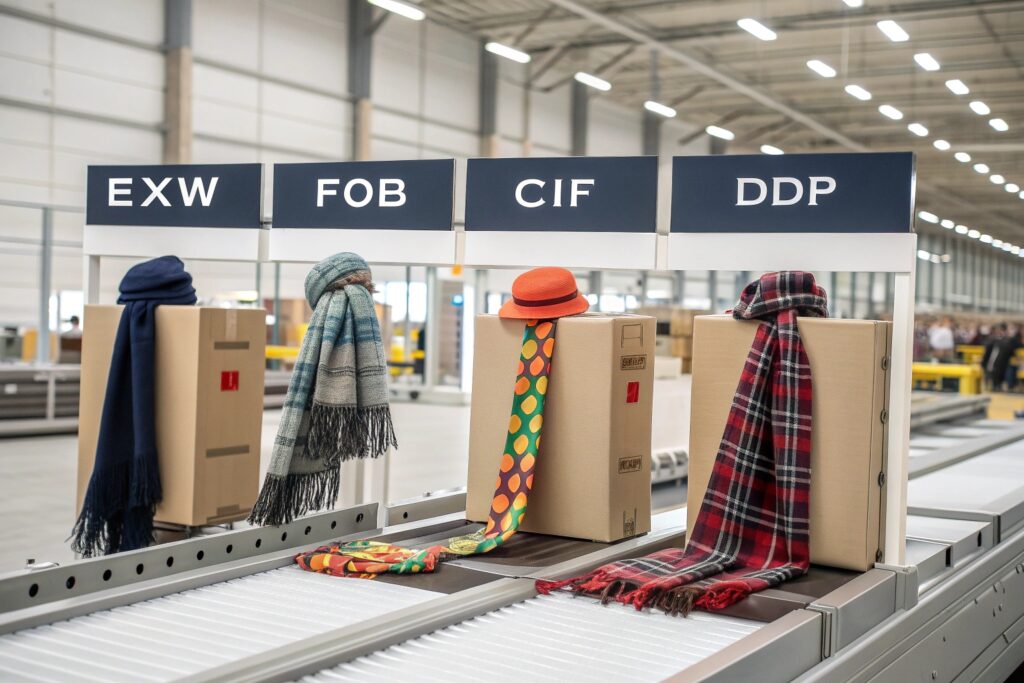
What do the common Incoterms mean?
| Incoterm | Full Name | Seller Responsibility | Buyer Responsibility |
|---|---|---|---|
| EXW | Ex Works | Just makes goods available at factory | Arranges all shipping and clearance |
| FOB | Free On Board | Handles delivery to Chinese port | Covers ocean freight and clearance |
| CIF | Cost, Insurance, Freight | Covers freight to destination port | Pays duties, handles customs/import |
| DDP | Delivered Duty Paid | Handles shipping, clearance, duties | Just receives goods at warehouse |
Why does this matter for accessories?
Belts and scarves often require careful packaging, consolidation, and accurate labeling. Knowing who handles which part of the journey ensures your goods arrive safely, legally, and on time.
At AceAccessory, we support all four Incoterms depending on the client’s needs and import experience.
How do I know which Incoterm to use?
Using the wrong Incoterm often means paying more, getting delayed shipments, or losing control over customs. Many new importers trust suppliers blindly—but it's better to choose what works for your business.
You should choose an Incoterm based on your level of experience, whether you have a freight forwarder, how much control you want over shipping, and the risk you’re willing to take.
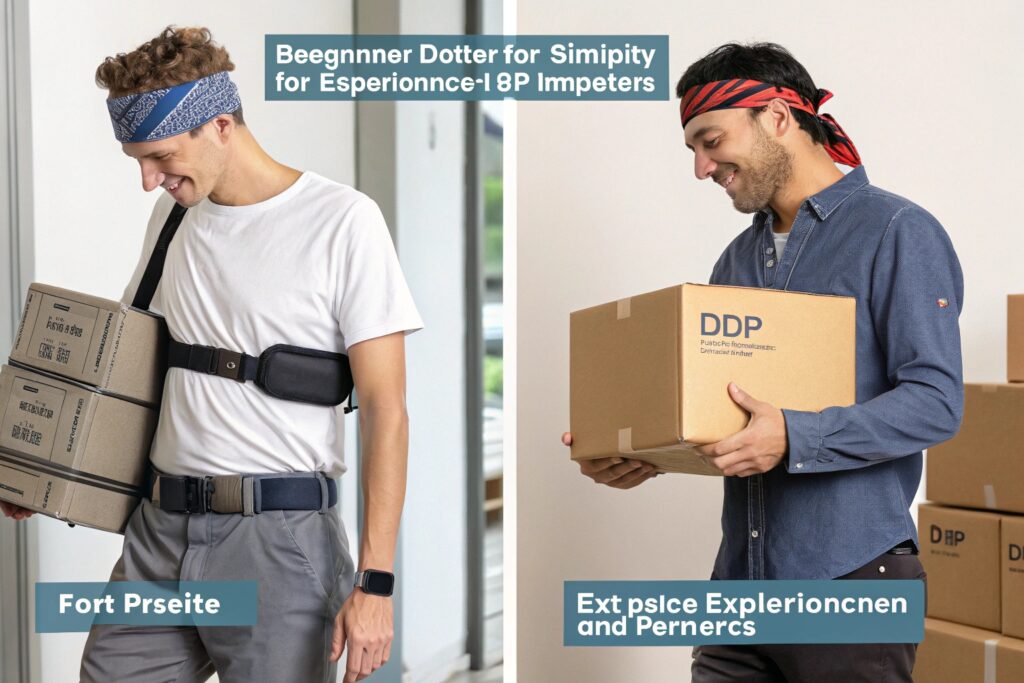
How do Incoterms affect costs and control?
| Incoterm | Cost to You | Control Over Shipping | Common Risk |
|---|---|---|---|
| EXW | Highest | Full control | Missed customs paperwork |
| FOB | Medium | Shared control | Forwarder miscommunication |
| CIF | Low upfront | Low control | Hidden local charges |
| DDP | Predictable | Minimal effort | Overpaying for convenience |
How should beginners decide?
If you're new to sourcing from China:
- Use FOB if you have a freight forwarder or want to control shipping.
- Use DDP if you want a simple, no-stress delivery and are okay paying a little more.
Advanced importers often use EXW to negotiate better rates with their own forwarders and keep full control.
What Incoterms should I use for international shipping?
Shipping belts and scarves internationally means managing complex logistics—especially for bulk orders. The wrong Incoterm could mean surprise delivery charges, customs delays, or missed deadlines.
For international accessory shipping, FOB and DDP are most commonly used. FOB balances cost and control, while DDP offers simplicity by having the seller handle everything including duties and delivery.
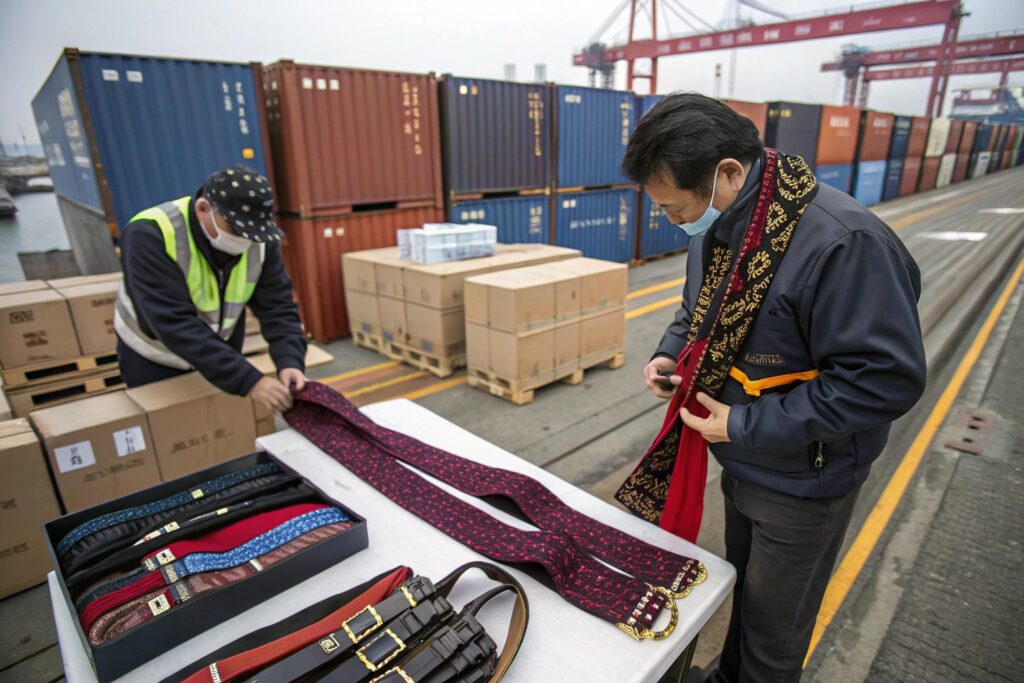
Which Incoterm suits different business types?
| Business Type | Recommended Incoterm | Why |
|---|---|---|
| New Importer | DDP | Simplifies process, less risk |
| SME with forwarder | FOB | Good cost-control and flexibility |
| B2B Distributor | EXW | Full control over logistics |
| Fast Fashion Brand | CIF or FOB | Ensures consistent lead time |
What’s best for belts and scarves?
- Scarves: Lightweight and high-volume. Often shipped by air or LCL sea freight. FOB or DDP depending on urgency.
- Belts: Heavier and higher-duty rates. Better to use FOB and manage shipping via trusted forwarder for cost clarity.
At AceAccessory, we frequently handle FOB shipments where we deliver to the port, and clients arrange pickup—ensuring cost efficiency and transparency.
What is EXW China?
EXW sounds cheap—but it pushes all responsibility and cost to you. Without an experienced forwarder, this term can cause more stress than savings.
EXW (Ex Works) China means the seller simply makes the goods available at their factory or warehouse. The buyer is responsible for all transport, export clearance, and customs handling.
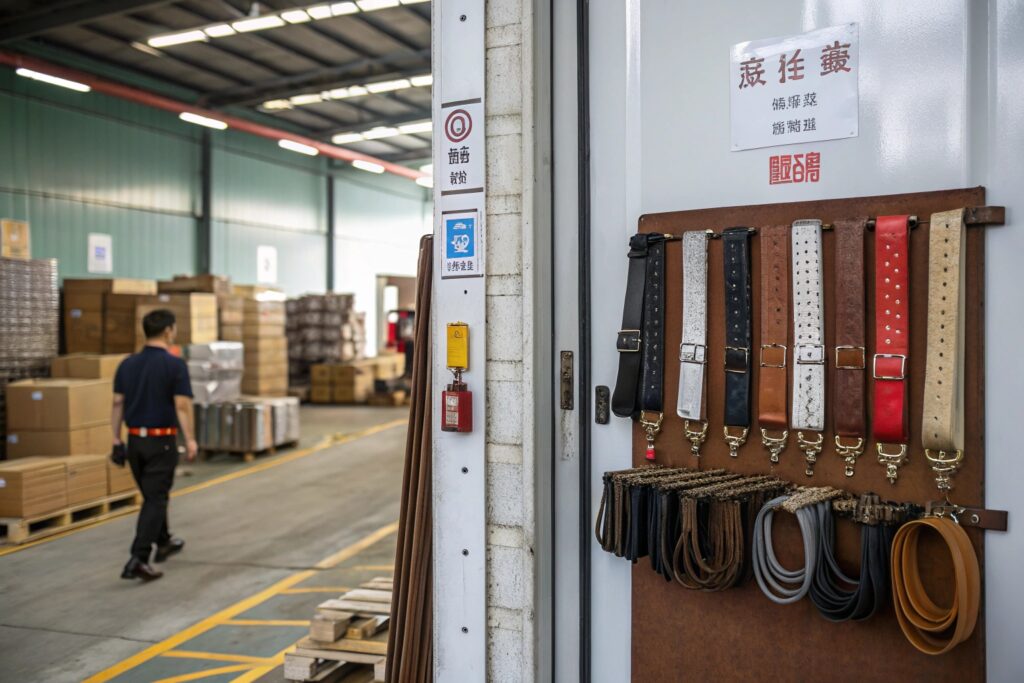
What’s included—and not included—in EXW?
| Included (Seller) | Not Included (Buyer Pays) |
|---|---|
| Finished goods | Inland trucking to port |
| Basic packaging | Export customs clearance |
| Availability notification | Sea or air freight |
| Import duties and last-mile delivery |
When should I use EXW?
Use EXW if:
- You have a trusted freight forwarder in China
- You want complete control over cost and route
- You ship high-volume goods regularly and negotiate directly
Avoid EXW if you’re new to importing or don’t have reliable logistics support. A missed export declaration can delay your shipment or trigger customs penalties.
Conclusion
When sourcing belts and scarves from China, choosing the right Incoterm—EXW, FOB, CIF, or DDP—determines who pays for shipping, who handles customs, and who bears the risk. Start simple with FOB or DDP, and adapt as your accessory business grows.

